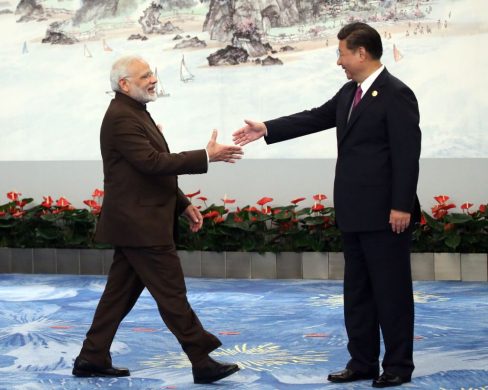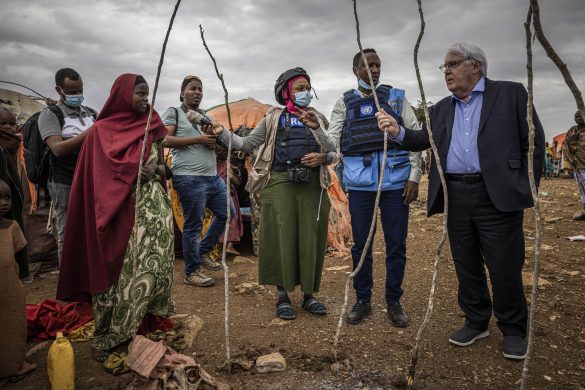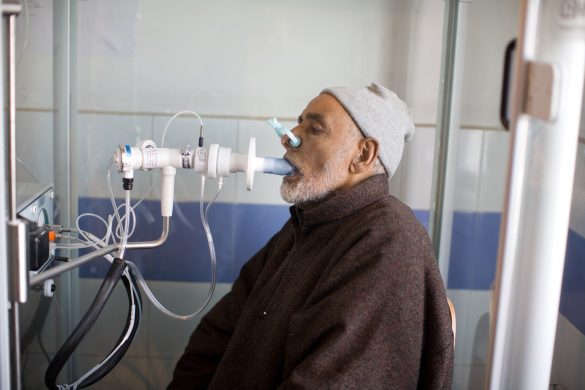Malaysia har haft en imponerende vækst, men nu bør det sydøstasiatiske land tænke “2. generation udvikling” ved at fokusere på miljøbeskyttelse og svage grupper, skriver FNs særlige udsending for fødevaresikkerhed.
The Special Rapporteur concluded a nine-day visit to Malaysia (9-18 December) by calling for the country to turn its attention to ‘second-generation’ development issues as it strives for high-income status.
“Malaysia has made impressive progress towards the reduction of poverty. But it must now ensure that growth does not come at the expense of environmental degradation, and is not built on the exploitation of vulnerable groups, such as the indigenous communities and migrant workers.”
During the right-to-food mission, the Special Rapporteur held consultations with a range of ministries at federal level and from the states of Sarawak and Sabah, and traveled to Eastern Malaysia in the Penampang region of Sabah, consulting with civil society throughout. His final report will be presented on 10 March 2014 in Geneva to the Human Rights Council.
In his preliminary findings the Special Rapporteur welcomed recent minimum wage legislation, while identifying several threats to the full realization of the right to food in the country, including: unsustainable practices in the palm oil sector; reliance on international markets for staple foods at the expense of building local self-sufficiency; and land use changes without the free, prior and informed consent of the indigenous communities affected.














